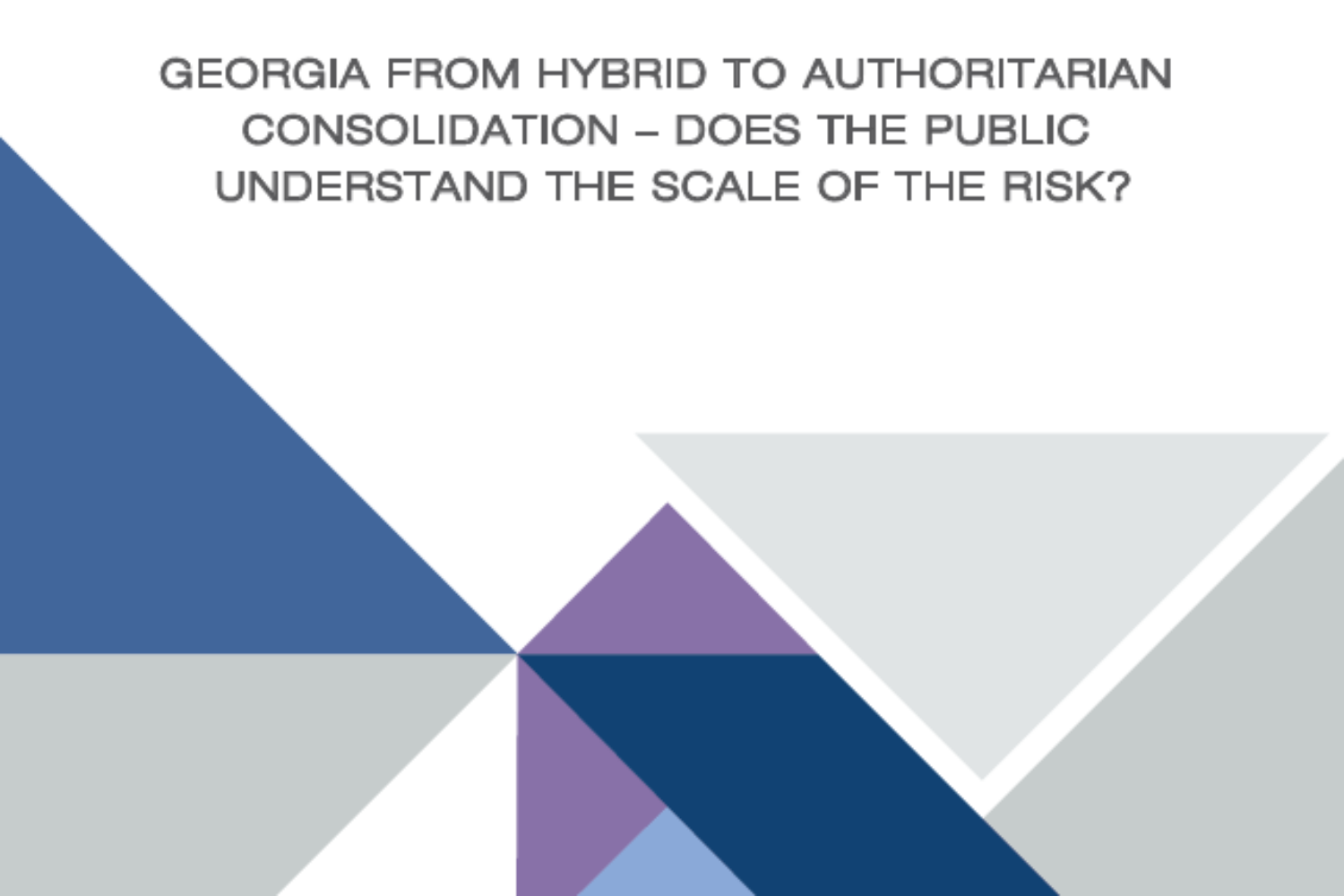2025-03-31 10:54:11
Lately, democracies around the world have been facing a significant crisis. According to Freedom House, Global Freedom declined for the 19th year in a row in 2024. Last year, indicators of human rights and civil liberties in 60 countries around the globe worsened, while only 34 countries demonstrated improvement in this regard (Gorokhovskaia & Grothe 2025). Unfortunately, the state of liberal democracy in Georgia closely follows this so-called ‘de-democratization’ wave, marked by the ruling party’s shift to authoritarianism. Since the 2024 parliamentary elections – the legitimacy of which remains in question – “Georgian Dream” has proposed a package of legislative amendments that further strengthen the threat of authoritarian consolidation in the country (Caryl 2024; Civil Georgia 2025).
However, while there is an ongoing shift towards authoritarianism by “Georgian Dream”, there have also been non-stop protests in the country for more than three months. These protests are characterised by self-organization and horizontal mobilization that also mean a shifting focus from opposition parties and leaders. This policy memo aims to briefly give an overview of challenges to democracy in Georgia during the last year, while also examining to what extent perspectives of the political elite, civil society, and the public converge. Furthermore, this text explores the connection between popular support for a European integration-oriented foreign policy and democratization.
Policy Memo #81 | March 2025
The publication has been produced with the financial support of the Embassy of the Kingdom of the Netherlands in Georgia. The opinions expressed are those of the author and do not necessarily reflect the views of the Georgian Institute of Politics and the Embassy of the Kingdom of the Netherlands in Georgia.




